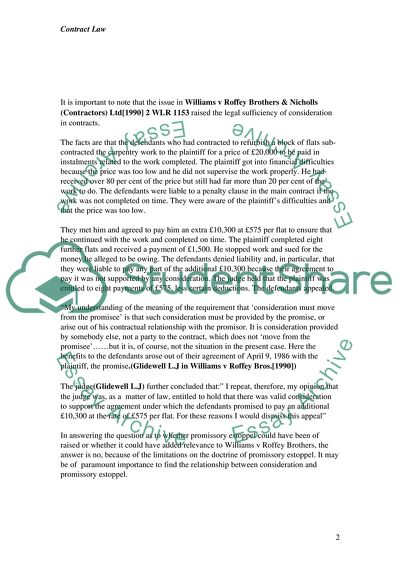Cite this document
(Contract Law Case Study Example | Topics and Well Written Essays - 2250 words - 1, n.d.)
Contract Law Case Study Example | Topics and Well Written Essays - 2250 words - 1. https://studentshare.org/law/1747848-contract-law
Contract Law Case Study Example | Topics and Well Written Essays - 2250 words - 1. https://studentshare.org/law/1747848-contract-law
(Contract Law Case Study Example | Topics and Well Written Essays - 2250 Words - 1)
Contract Law Case Study Example | Topics and Well Written Essays - 2250 Words - 1. https://studentshare.org/law/1747848-contract-law.
Contract Law Case Study Example | Topics and Well Written Essays - 2250 Words - 1. https://studentshare.org/law/1747848-contract-law.
“Contract Law Case Study Example | Topics and Well Written Essays - 2250 Words - 1”. https://studentshare.org/law/1747848-contract-law.


